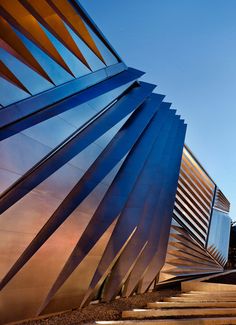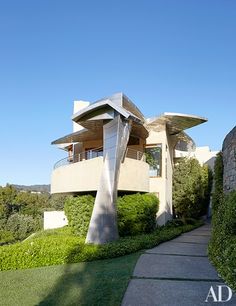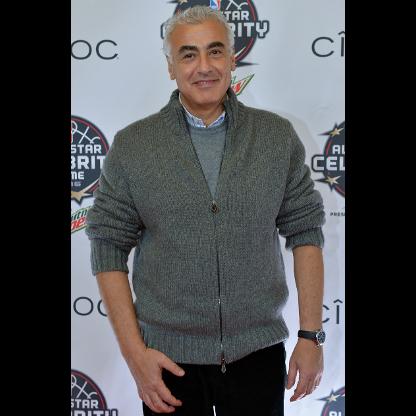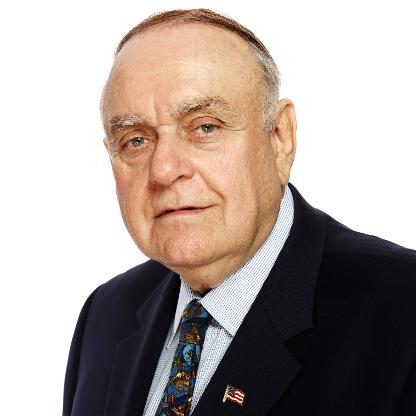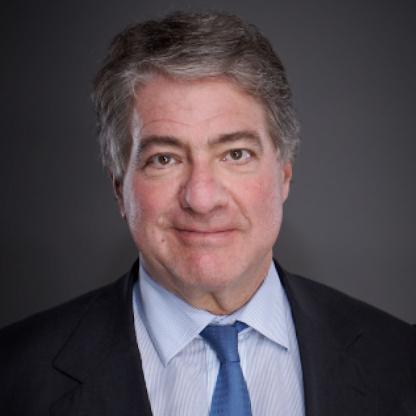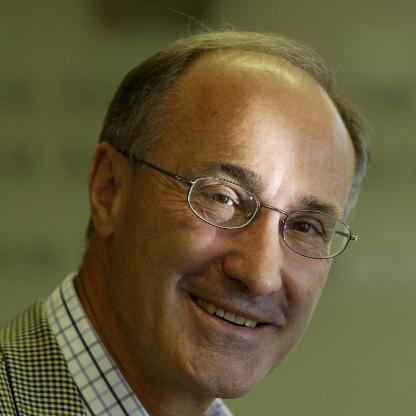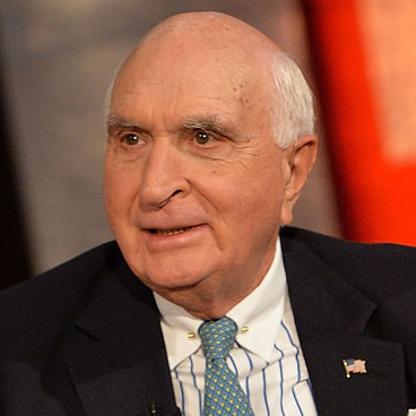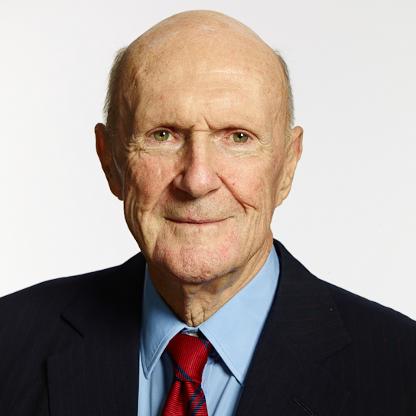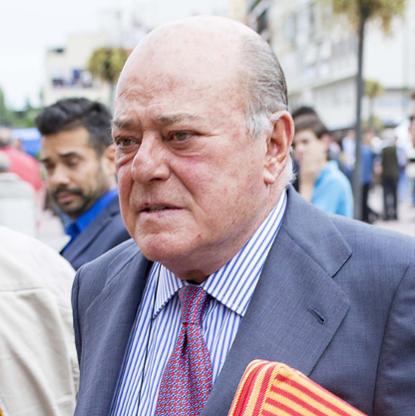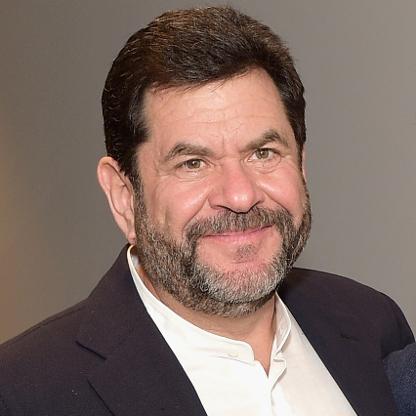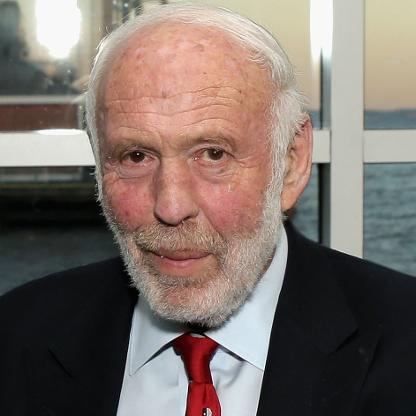Doing the accounting for Kaufman's small Business led Broad to decide to enter homebuilding himself. In 1956, Broad and Kaufman decided to partner and build homes together. Borrowing $12,500 from his wife's parents, Broad put up half the capital in their first venture together, building two model homes in the Northeast Detroit suburbs where a new generation of first-time home buyers were flocking. By streamlining the construction process and eliminating basements, offering a carport instead, they could price the houses so the monthly mortgage would be less than the rent for a two-bedroom apartment. Kaufman and Broad christened this model the "Award Winner" and priced it at $13,700. After one weekend, seventeen were sold and within two years, Kaufman and Broad had built 600 homes in the Detroit suburbs. In 1960, fearing that the Detroit economy was too dependent on the Automotive Business, they moved to Phoenix, Arizona. In 1961, Kaufman and Broad Home Corporation (now KB Home) went public on the American Stock Exchange. In 1963, Broad moved the company to Los Angeles. Soon after, Kaufman retired and he and his wife Glorya Kaufman went on to become noted Philanthropists. By 1969, KB Home was the first homebuilder listed on the New York Stock Exchange. In 1974, Broad stepped down as CEO.


